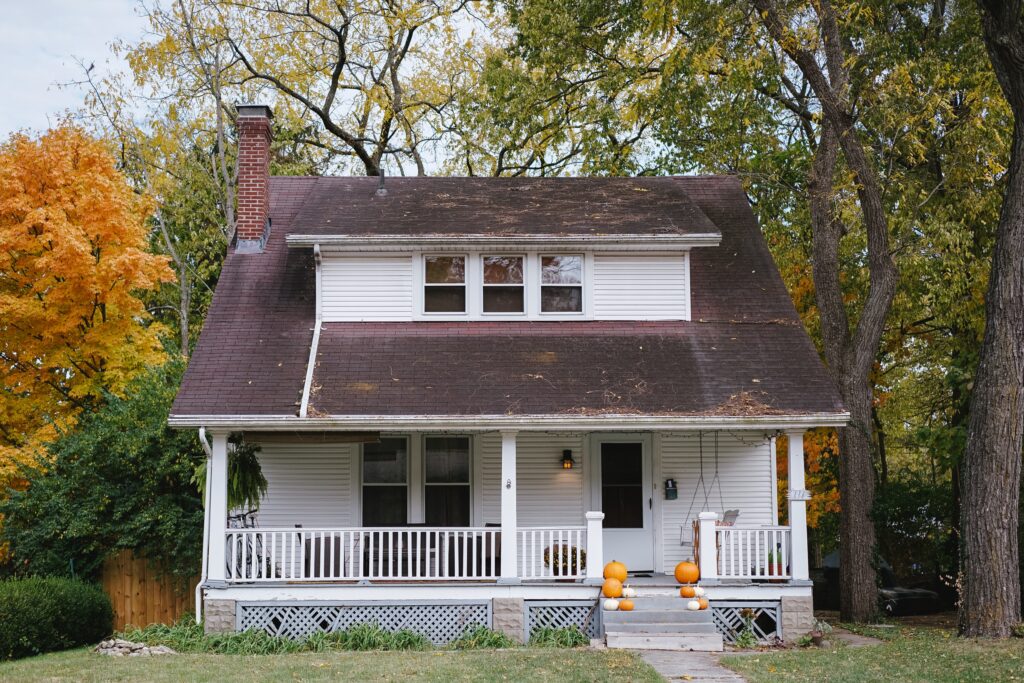Okay, so you put your house on the market, found a buyer, and settled on a price. Almost everything has gone smoothly with the sale of your property, but you can’t relax just yet because there’s still the matter of the home inspection to resolve. A house inspection is performed by the buyer after the purchase agreement has been signed but before the closing date. Most purchasers would agree to have the transaction contingent on the results of a home inspection, giving them an escape if the inspector discovers something they don’t like and the seller refuses to fix it or reduce the price. As a seller, you’ll want the home inspection to go off without a hitch and reveal no big problems.
First things first: what exactly does a house inspector do? Top to bottom, the property is inspected, with special attention paid to the following: the roof, walls, foundation, plumbing, electrical, and heating and air conditioning systems. During the inspection, the inspector will look for leaks, mold, mildew, and other symptoms of water damage, as well as test the functionality of any devices that have been installed, such as the garbage disposal and the carbon monoxide detectors. During a house inspection, it’s normal for the seller to have some anxiety. You don’t want your buyer’s repair contingency to cause the sale to fall through, and you don’t want to be responsible for the expense and hassle of making the necessary repairs. Thankfully, there are steps you can take to get your home ready for inspection.

